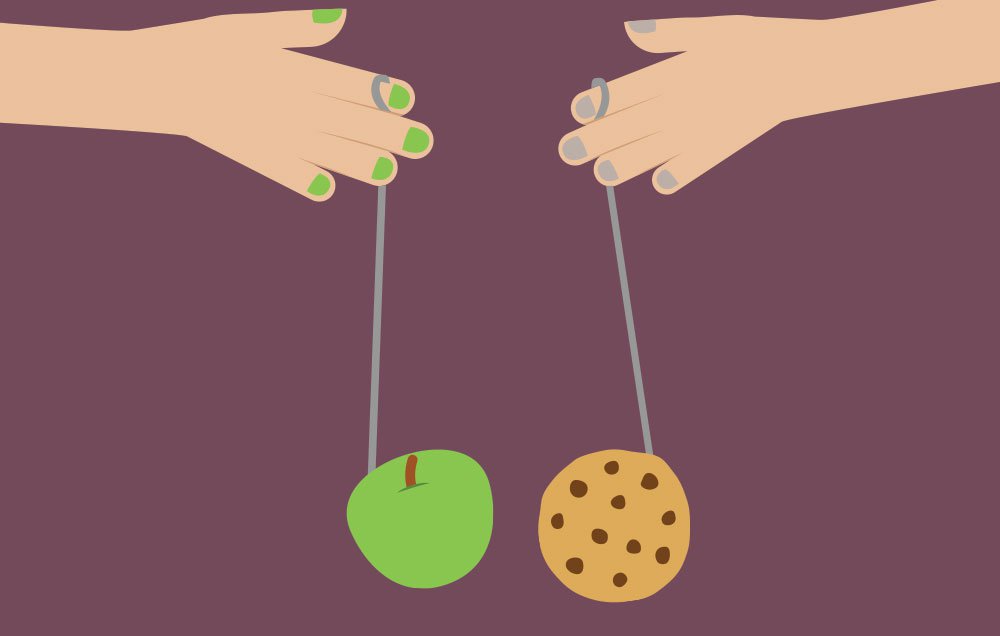
That might explain why some experts think that women with type-A personalities are the most likely to rely on all-or-nothing weight-loss strategies. “Personal achievement is important to them and it stresses them out,” says Jim White, R.D., owner of Jim White Fitness & Nutrition Studios and spokesperson for the Academy of Nutrition and Dietetics. “They want to see fast results—and with this approach they do so and feel that they’re achieving their goals,” he says. “But even the most disciplined person can’t maintain deprivation.”
The net result: weight gain and more go HAM or go home attempts.
“It’s well-documented that some people are prone to believe they are better at overcoming challenges than others,” says Gardner. “But trying to maintain high levels of effort to control our diet and exercise can deplete our willpower.” And when we relapse just once from a strict diet or exercise regime, it feels like a complete failure, which leads to further relapses, he says.
Read the rest of the article at Women’sHealthMag.com